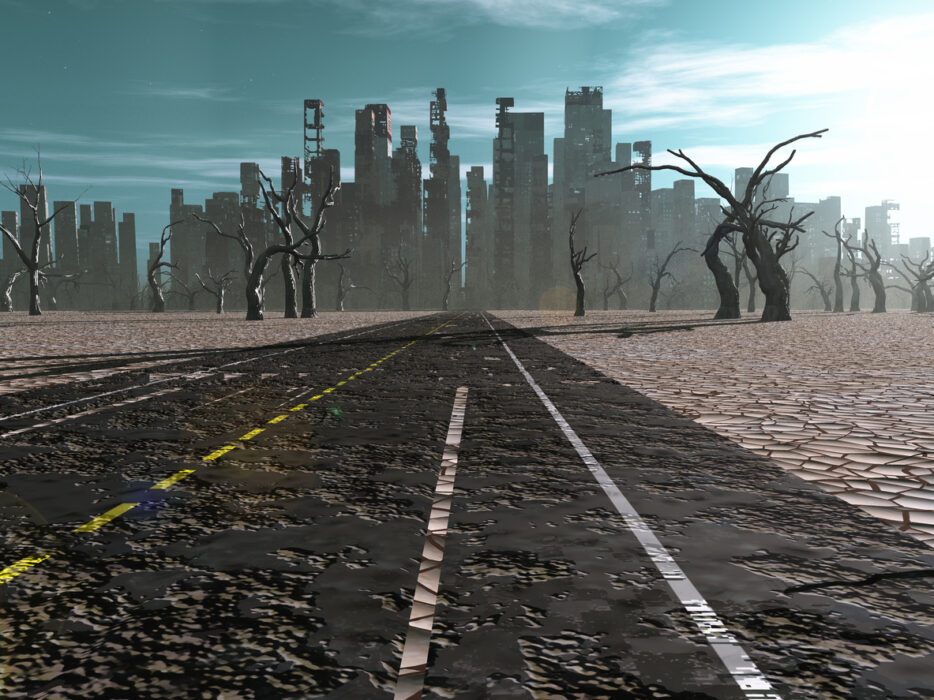Ditching plastic in seven days is totally doable—and we’ll prove it step by step.

You think you’re doing okay with plastic—maybe you bring your own bags or skip the bottled water now and then. But try going a full week without using any, and you’ll quickly realize just how sneaky and overwhelming plastic has become in everyday life. It’s in your food packaging, your kids’ snacks, your bathroom, even your laundry routine. Going plastic-free sounds noble, but for a family? It can feel impossible.
The truth is, it’s totally doable if you break it down day by day—and commit to progress, not perfection. You don’t need to overhaul your whole lifestyle overnight. You just need to learn where the plastic’s hiding, swap it out smartly, and get everyone on board. This one-week plan will show you how to ditch the waste without losing your mind (or your family’s cooperation) along the way.








